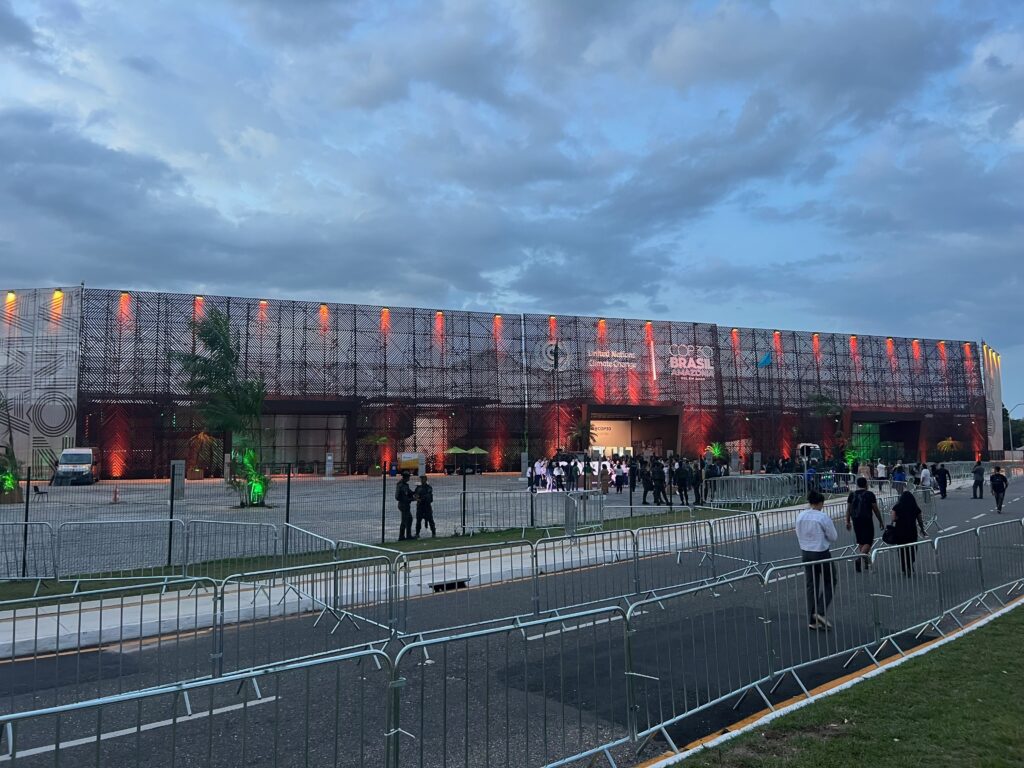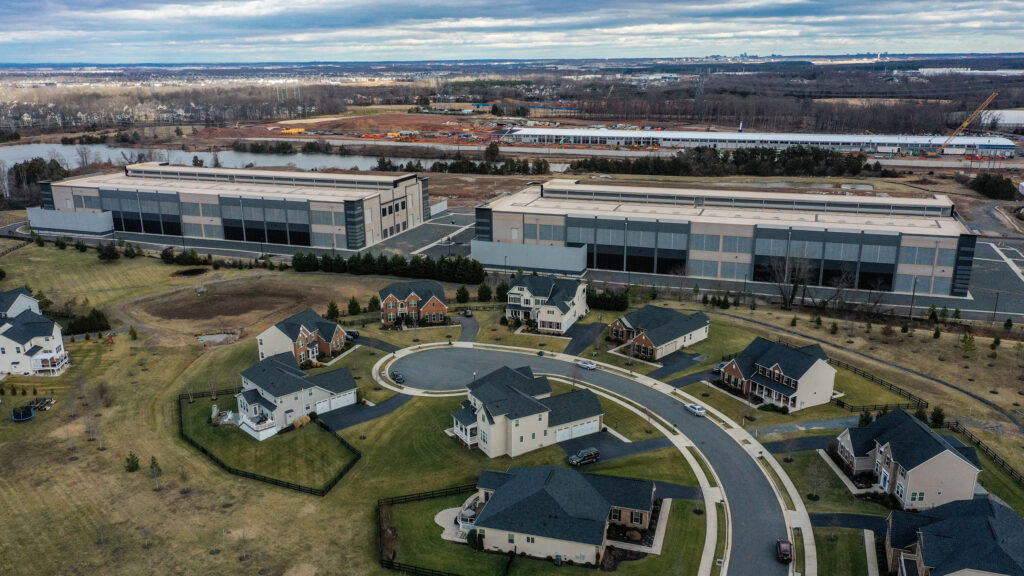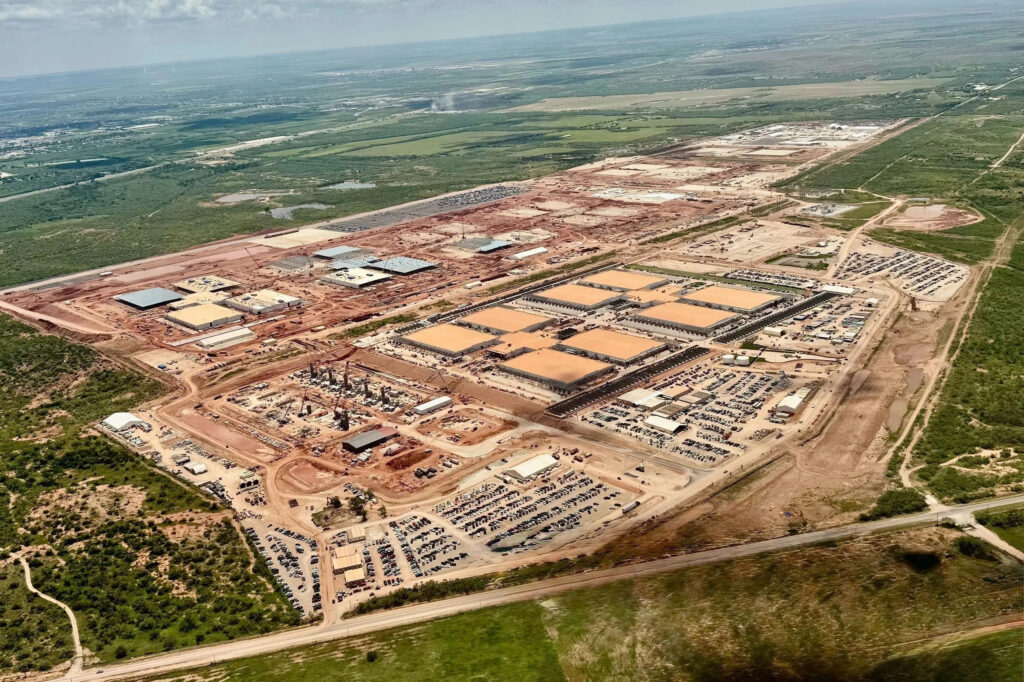Steve Read is the Director of Environment and Public Protection at West Sussex County Council and chairs the Association of Directors of Environment, Economy, Planning & Transport (ADEPT’s) Environment Board. Here he shares some thoughts about the role that sustainable procurement can play in delivering a local authority’s climate action plan.
Since the publication of the Net Zero Strategy and the COP26 conference last autumn, ADEPT has updated its climate change and clean growth policy position, and reviewed its climate and environment work plan. As an organisation, we recognise that the climate crisis must be at the heart of our work and we will continue to drive innovation and share best practice across our membership in key areas, including clean and green procurement.
With the majority of local authorities now having climate action plans in place, green procurement is one of the areas where councils can make a difference through buying power, influence and leadership. Innovative and well-planned procurement can help create new skills, jobs and businesses locally. It can help improve supplier diversity and resilience, as well as tackling climate change and reducing waste.
For this reason, we are working with partners in local government, such as the LGA and CIPFA, to help councils use their commissioning and procurement activities to develop low carbon opportunities in their supply chain. We also need to ensure that their purchasing power across the organisation is aligned with their climate action plans. In addition, we are working with our corporate partners in the private sector to drive the same agenda.
To help raise the profile of this, ADEPT recently joined with the Chartered Institute of Public Finance and Accountancy (CIPFA) to deliver a webinar on sustainable procurement .It showcased CIPFA’s work on sustainability reporting in the public sector, featured a case study from Surrey County Council, and shared some of the insights from ADEPT’s thought leadership work with Amey on outcomes-based commissioning for place.
Sustainable procurement is getting more attention elsewhere too. Last year, Ashden worked with councils in the north east of England to share insights on the challenges of embedding sustainability into their procurement activities. They found that when councils make purchasing decisions, engagement with procurement and sustainability officers often comes too late in the process, and that these two departments don’t always work closely together.

In February, we used one of ADEPT’s monthly ‘Lunch & Learn’ sessions to focus on sustainable procurement, and in particular to help share the learning from two recent pieces of work.
The first piece of work was from an independent sustainability consultancy, Eunomia, who was commissioned by York & North Yorkshire LEP to support the reduction of greenhouse gas emissions derived from procured goods, works and services in 14 councils.
Eunomia described how they reviewed the councils’ procurement strategies and analysed their main categories of expenditure to produce reports. The main learning was then used to develop two practical toolkits – for construction and services – to help procurement staff to understand the carbon impacts of their decisions, and provide guidance on embedding low-carbon principles within procurement process and contract management.
They found the main barriers to embedding low carbon procurement were lack of skills or knowledge, the reluctance of some service managers who thought that low carbon solutions would be more costly, and limited understanding of markets for providing low carbon solutions.
The second piece of work was done by Sustainable Procurement Ltd who was commissioned by the Local Government Association (LGA) to develop a toolkit for commissioners, procurement specialists and contract managers. This toolkit helps them purchase in a way that gives value for money, but also delivers local economic, social and environmental priorities It aims to help councils deliver their climate action plans, but also aligns with wider social value, community wealth-building, and sustainable development goals.
Both presentations at the ‘Lunch & Learn’ event prompted a wide-ranging discussion with many useful insights. The main takeaways for me were the importance of forward planning, and whole-life assessment of the costs and benefits of different options.
Forward planning means that a council will have a long-term view of its purchasing plans, a visible pipeline of projects, allowing early engagement so that climate friendly solutions can be developed. It allows early engagement with the market so that suppliers can help develop these solutions. It also provides opportunities to procure collaboratively and have greater influence in the market.
Whole-life assessment means getting away from a linear buy/use/dispose model of purchasing. Service managers, sustainability and procurement officers need time to explore broader impacts and opportunities, including the way that assets and equipment are sourced and how they can be reused or recycled at the end of the contract.
Sustainability needs to be threaded throughout the procurement process. Early consideration and engagement are crucial, while strategic direction should be clear and owned from the top. Wider climate and environmental goals will not be met within professional silos – it is vital that perceived barriers must be recognised and addressed.
The updated report, A blueprint for accelerating climate action and a green recovery at the local level, is available on the ADEPT website.
















